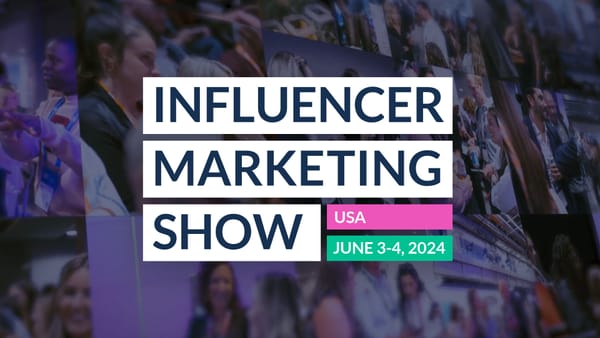A report launched this week by influencer marketing platform Wearisma shows the industry is changing. Brand advocacy is now a key focus area instead of traditional influencer campaigns based on hyper-visibility and mass followings.
The research for the report was carried out in partnership with Dectech, which analysed the social media habits of 1000 consumers. The findings presented that brand advocacy is now leading the way as the most cost-effective and authentic way to build brand value within a social media generation that craves community over clout – particularly amongst Gen Z.
According to the report, the majority of people (71%) trust content from people they know compared to content from brands (36%). Brand advocacy can come from loyal customers, influencers, and employees, and trust in authenticity is the most important element for successful brand advocacy. For brands, the report shows how you should be focussing on who your community trusts rather than follower counts.
Jenny Tsai, CEO and Founder of Wearisma says: “The reality of life online is that consumers are simply turned off by influencers who are brashly aspirational and hunt likes without due consideration to the brands they’re affiliated with. Partnerships with the wrong type of influencers aren’t just bad for revenue, they can damage brands. Online audiences are becoming savvier than ever and can quickly identify – and call out – a fake advocate and an inauthentic brand advocacy strategy.”
“Brand advocacy is pioneering the shift towards a more consumer-focused social media marketing landscape, where the community that brands are able to build and maintain with ‘real people’ is the new indicator of a brand’s longevity in the market.”
Key findings from the report include:
True authenticity: For someone to be a true brand advocate, they should show a demonstration of prior use of the brand/product, highlighting both the good and bad, passion, and knowledge about the brand.
Online first: Bricks and mortar brands are trying to keep up with shopping apps. Online-first brands are getting further ahead thanks to brand advocacy and user-generated content. Online-only brands such as Pretty Little Thing (PLT), have been early advocates of organic, consumer-driven content. In July 2021, the #everybodyinplt hashtag generated nearly two times the Engagement Rate (ER) (20%) of the branded tag #prettylittlething (13%) highlighting the success of brand advocacy hashtags and content.
Sophisticated content: Simply choosing a hashtag and reposting consumers’ content is not a sophisticated enough approach to brand advocacy. Brand advocacy is frequently misunderstood and brands often execute its antithesis: multi-level marketing (MLM) strategies.
Providing discount codes and labelling consumers ‘ambassadors’ as a sales tactic not only turns consumers off, but it is inauthentic. Freebies are great, but only as part of a strategic gifting strategy: 76% said brands should provide more gifts and freebies for ‘real people’, (everyday customers as opposed to influencers) as this would encourage them to purchase or engage more with brands. This suggests that reciprocity should play a key role in nurturing an audience, but bribing consumers or influencers to buy in return for ‘exposure’ is not an effective sales strategy.
The findings from this study further emphasise the importance of authenticity when promoting a product, from the perspective of brands, influencers, and consumers. Brand advocacy is truly successful when it is organic, and a product or service is promoted out of genuine love, building the trust that we all seek.









